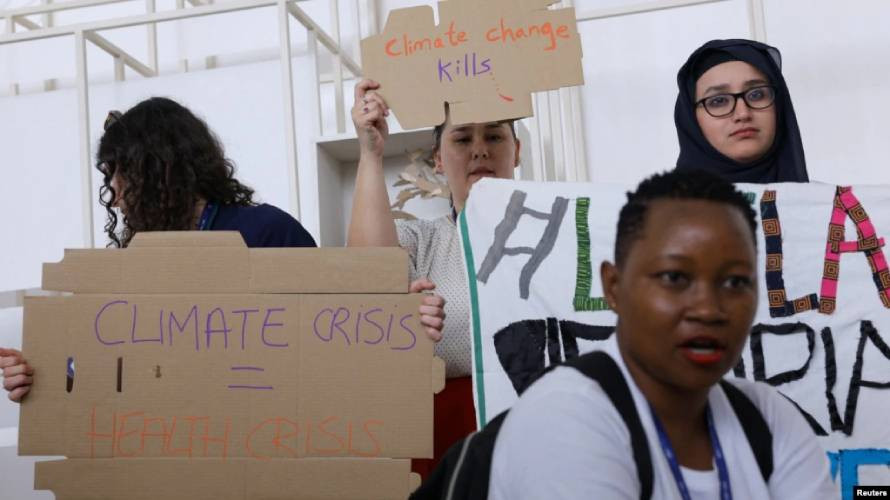×
The Standard e-Paper
Home To Bold Columnists

Delegates meeting at the COP28 summit in Dubai have pledged hundreds of millions of dollars to fight neglected tropical diseases that could be worsened by climate change, the first time the annual meeting has addressed the impact on human health.
The summit host, the United Arab Emirates, pledged $100 million to the fund, with the same amount donated by the Bill and Melinda Gates Foundation. Total pledges had reached $777 million by Monday.